Deck & Commander Strategies
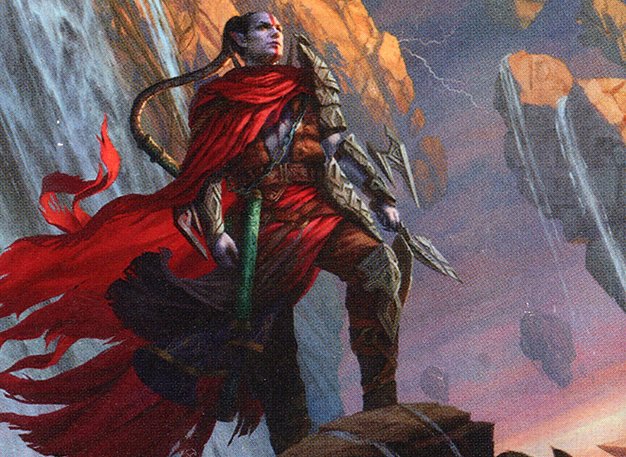
Anowon, the Ruin Thief
Leverages rogue tribal synergies and milling to generate value and disrupt opponents while using creatures to apply pressure and control the board.
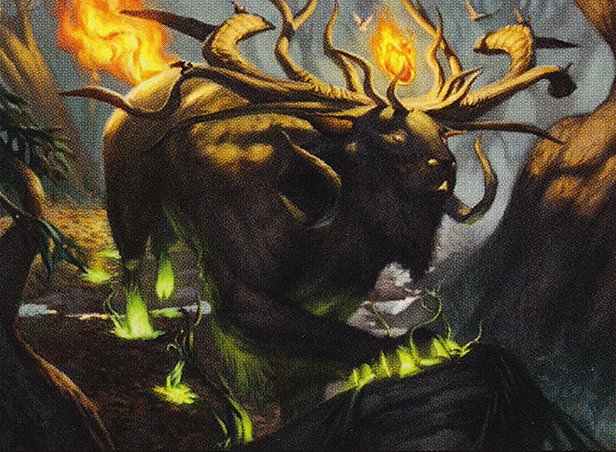
Marath, Will of the Wild
Utilizes creature-based control and token generation to slow opponents and assemble combos for a potent mid-to-late game finish.
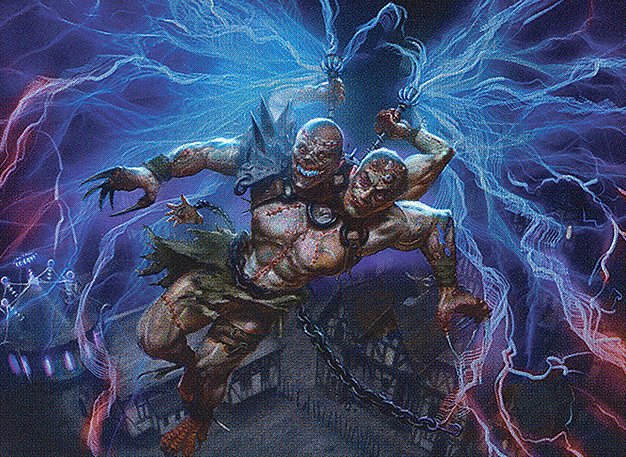
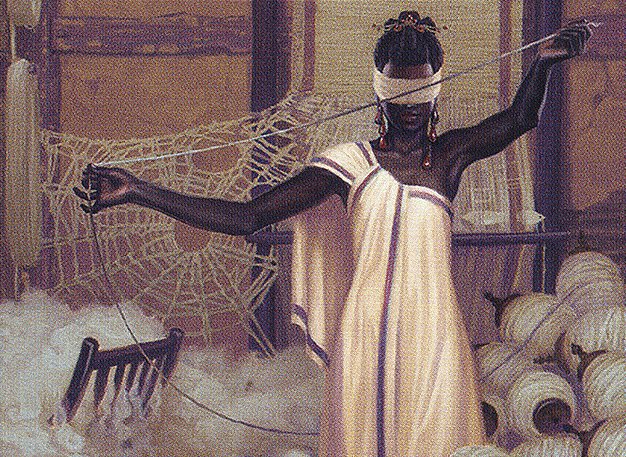
Opus Thief (Kraum, Ludevic's Opus and Tymna the Weaver)
A four-color wheel deck that gains advantage through repeated card draw and discarding effects, disrupting opponents’ resources while assembling combo lines.

Animar, Soul of Elements
A creature combo deck focusing on reducing creature costs, ramping quickly, and using powerful creatures to outvalue and outdamage opponents.
Gameplay Insights
- 1
Anowon’s repeated use of Ristic Study triggers allowed for consistent card draw and disruption, enabling strong value engine development.
- 2
The wheel deck’s attempt to win with Jace and Demonic Consultation was decisively countered by a combination of Fierce Guardianship, Dovin's Veto, and Flusterstorm, showcasing the importance of layered counterspell protection.
- 3
Animar’s use of Stage of Anima and Hydroid Krasis to create a massive trampling threat exemplified the deck's strength in leveraging cost reduction and spell synergy to dominate combat phases.
- 4
Marath's use of Meredith to add counters and protect key creatures demonstrated effective incremental advantage and board control.
- 5
Strategically timing attacks and blocking to trigger creature mills and draw effects created constant pressure and resource denial across the board.
Notable Cards
-

Anowon, the Ruin Thief
-
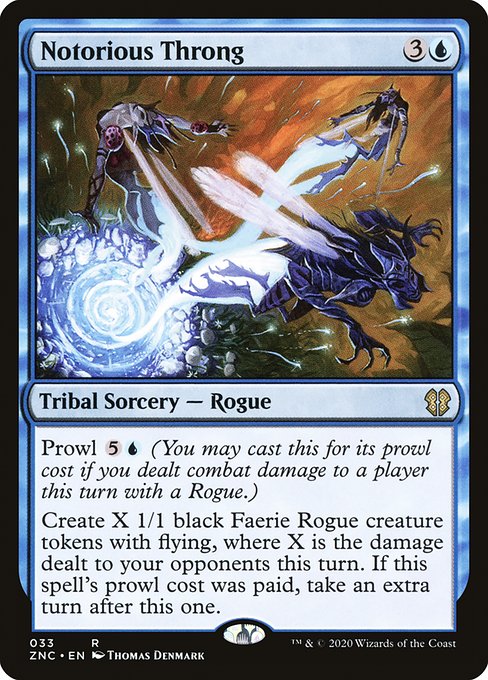
Notorious Throng
-
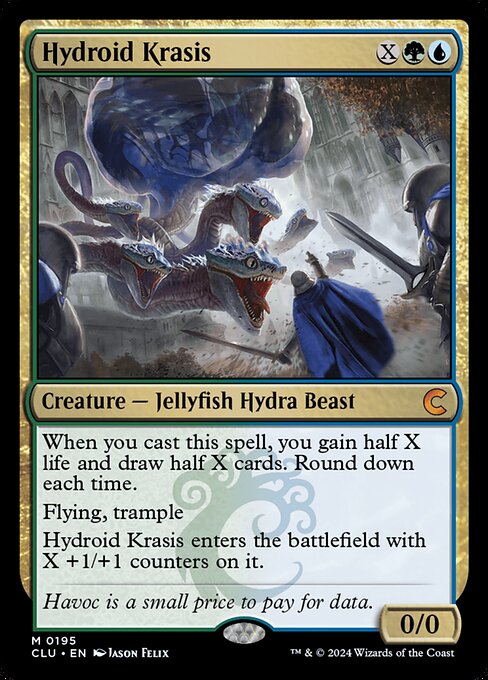
Hydroid Krasis
-
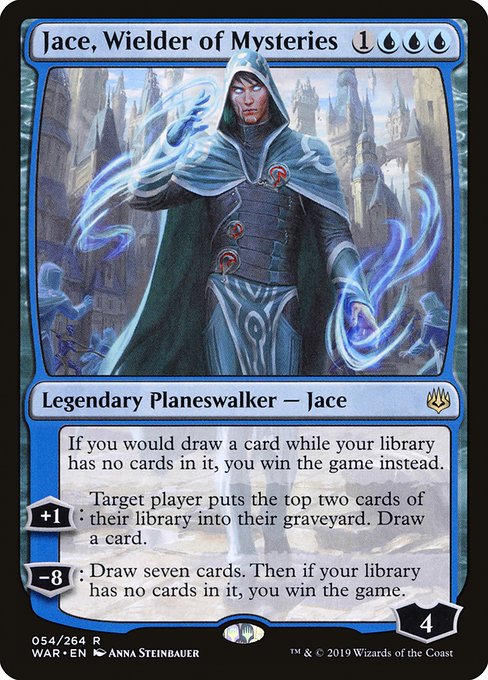
Jace, Wielder of Mysteries
-
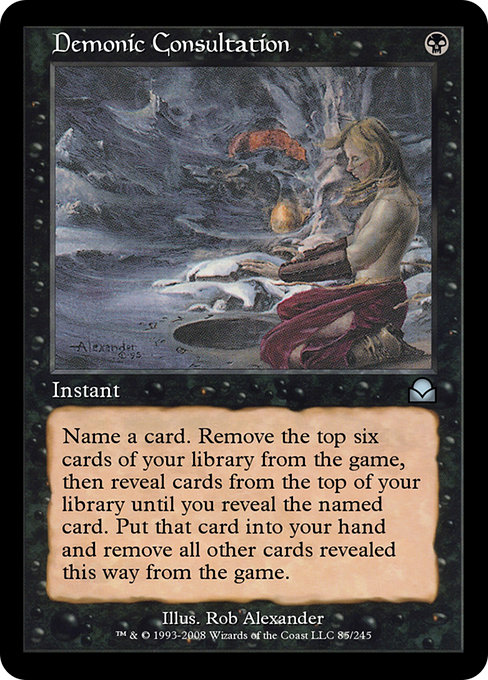
Demonic Consultation
-

Fierce Guardianship
-
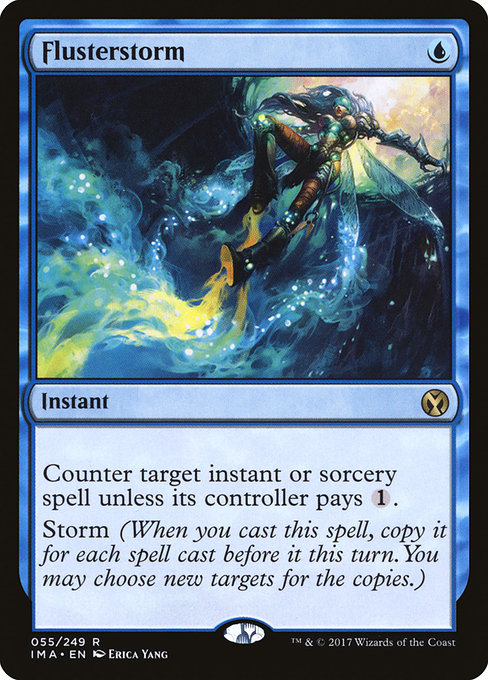
Flusterstorm
-
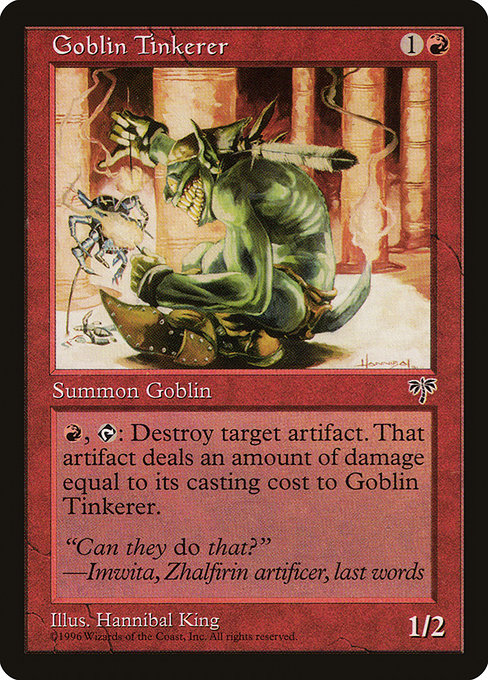
Goblin Tinkerer
-
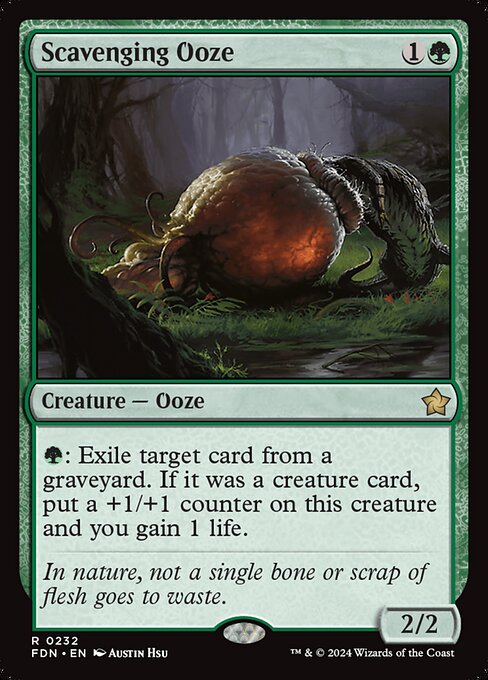
Scavenging Ooze
-
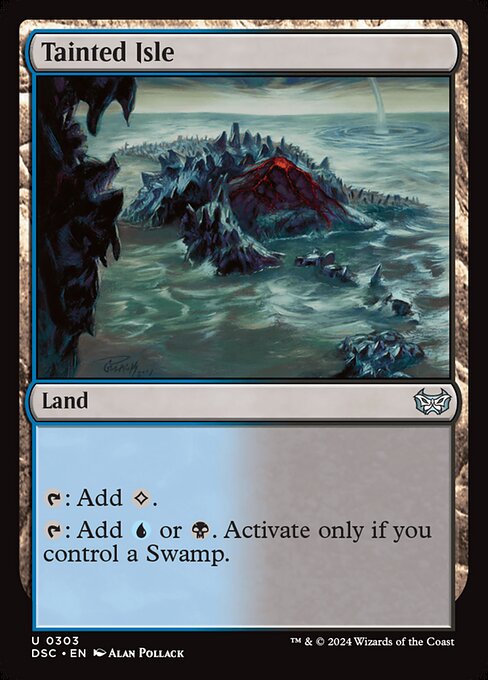
Tainted Isle
-
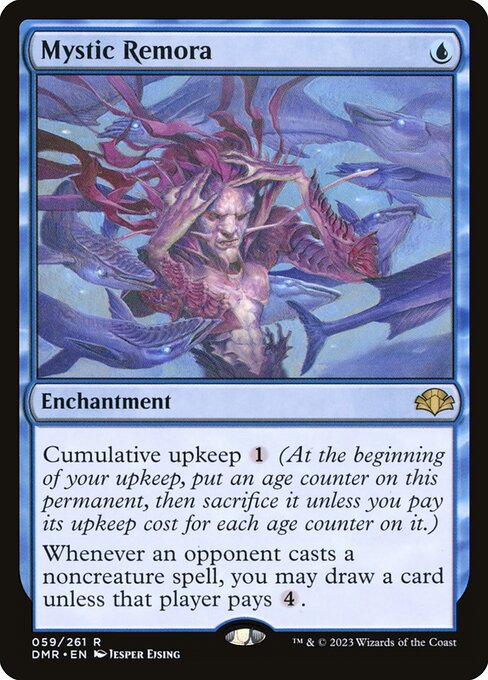
Mystic Remora
-
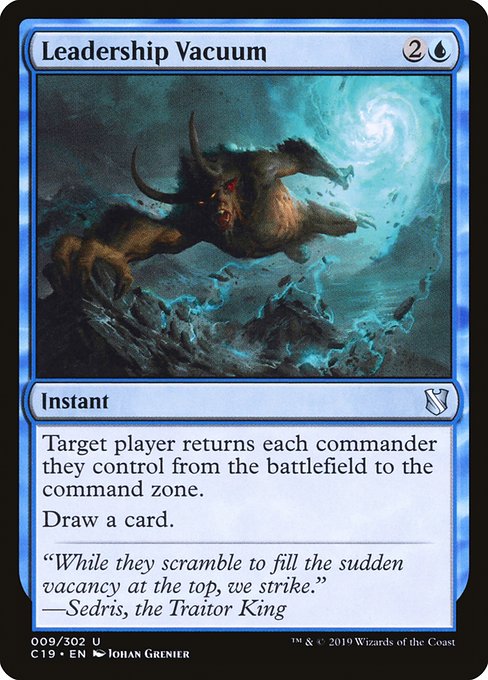
Leadership Vacuum
-
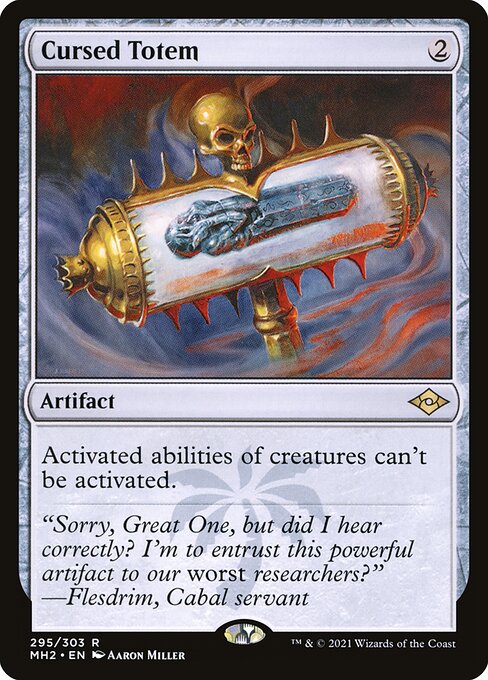
Cursed Totem
-
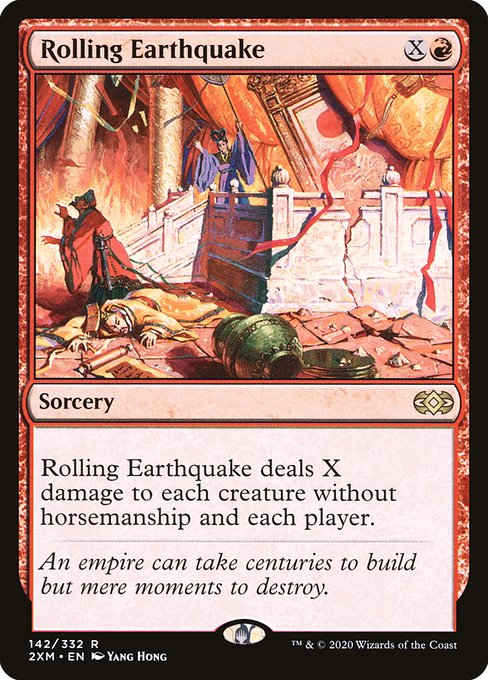
Rolling Earthquake
-

Dockside Extortionist
-
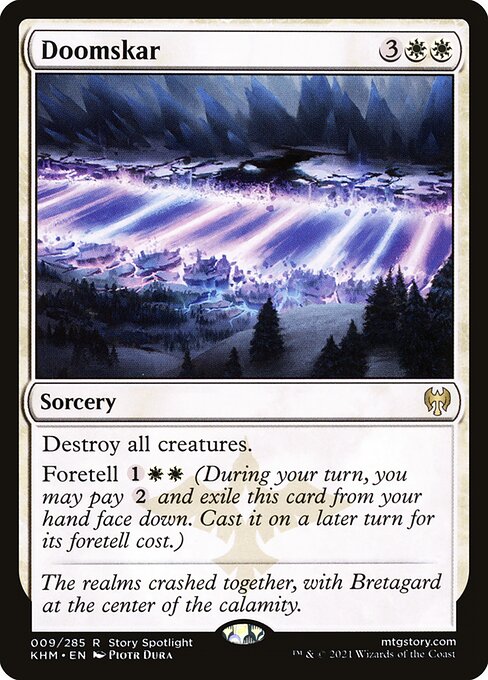
Doomskar
Gameplay Summary
The game began with each player establishing their board presence, with early plays from Anowon setting up a value engine through milling and utilizing tribal synergies.
Marath applied pressure with creature-based control elements, while Opus Thief (Kraum and Tymna) focused on wheel effects and card advantage, attempting to disrupt opponents and gain incremental value.
Animar aimed to ramp into large creatures and leverage cost reduction to overwhelm opponents.
Early interactions saw a mix of counters, removal, and strategic attacks that slowly shaped the board state. Key turning points included Anowon repeatedly triggering Ristic Study effects to draw and disrupt, as well as casting powerful creatures like Notorious Throng to generate tokens and extra turns, increasing his board presence significantly.
The wheel deck tried to assemble a win through Jace, Wielder of Mysteries combined with Demonic Consultation, but this was thwarted by a well-timed cascade of counterspells including Fierce Guardianship and Flusterstorm.
Animar then capitalized on the spell casting with a large Hydroid Krasis and a Stage of Anima to grow a massive, trampling threat that dealt significant damage and forced blocks.
Several spells were paid for with Ristic Study triggers, showcasing the synergy in these decks. The game highlighted the importance of efficient creatures and value engines in cEDH, as well as the interplay between disruption and combo threats.
Despite the complex board states and interactions, the game revolved around establishing creatures that provide incremental advantage, protecting key spells with counters, and timely attacks to whittle down opponents.
The final moments focused on Animar's overwhelming board presence and combat damage, driving toward a potential victory through sheer power and value accumulation.



































